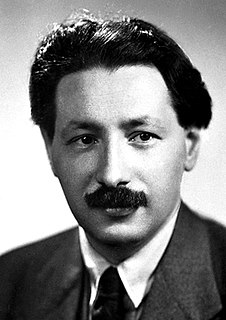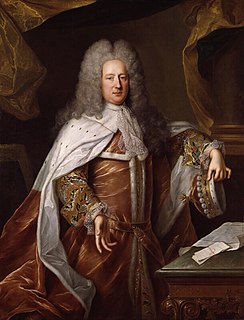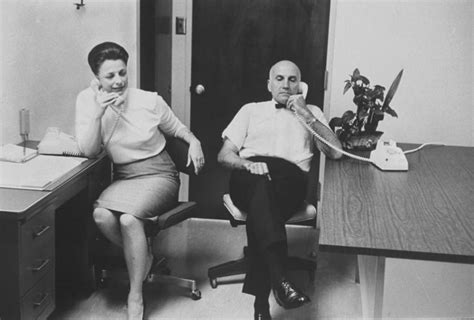A Quote by Henry David Thoreau
The whole body of what is now called moral or ethical truth existed in the golden age as abstract science. Or, if we prefer, we may say that the laws of Nature are the purest morality.
Related Quotes
Since my logic aims to teach and instruct the understanding, not that it may with the slender tendrils of the mind snatch at and lay hold of abstract notions (as the common logic does), but that it may in very truth dissect nature, and discover the virtues and actions of bodies, with their laws as determined in matter; so that this science flows not merely from the nature of the mind, but also from the nature of things.
It was morality that burned the books of the ancient sages, and morality that halted the free inquiry of the Golden Age and substituted for it the credulous imbecility of the Age of Faith. It was a fixed moral code and a fixed theology which robbed the human race of a thousand years by wasting them upon alchemy, heretic-burning , witchcraft and sacerdotalism.
Whether moral and social phenomena are really exceptions to the general certainty and uniformity of the course of nature; and how far the methods, by which so many of the laws of the physical world have been numbered among truths irrevocably acquired and universally assented to, can be made instrumental to the gradual formation of a similar body of received doctrine in moral and political science.
Man was destined for society. His morality therefore was to be formed to this object. He was endowed with a sense of right and wrong merely relative to this. This sense is as much a part of his nature as the sense of hearing, seeing, feeling; it is the true foundation of morality... The moral sense, or conscience, is as much a part of man as his leg or arm. It is given to all human beings in a stronger or weaker degree, as force of members is given them in a greater or less degree. It may be strengthened by exercise, as may any particular limb of the body.
Masonry, according to the general acceptation of the term, is an art founded on the principles of geometry, and devoted to the service and convenience of mankind. But Freemasonry, embracing a wider range and having a nobler object in view, namely, the cultivation and improvement of the human mind, may with more propriety be called a science, inasmuch as, availing itself of the terms of the former, it inculcates the principles of the purest morality, though its lessons are for the most part veiled in allegory and illustrated by symbols.
...I think the popular view of Science is a solid body of truth, shared by a whole lot of learned men in a room, all agreeing on the answers to the questions of how the Universe works. Whereas nothing could be further from the truth!!! The one truth that I see emerging from the History of Science is that experiment has always surprised theorists. Einstein included!
The assumption that the laws of nature are eternal is a vestige of the Christian belief system that informed the early postulates of modern science in the seventeenth century. Perhaps the laws of nature have actually evolved along with nature itself, and perhaps they are still evolving. Or perhaps they are not laws at all, but more like habits.
Nature is man's inorganic body -- that is to say, nature insofar as it is not the human body. Man lives from nature -- i.e., nature is his body -- and he must maintain a continuing dialogue with it is he is not to die. To say that man's physical and mental life is linked to nature simply means that nature is linked to itself, for man is a part of nature.



































